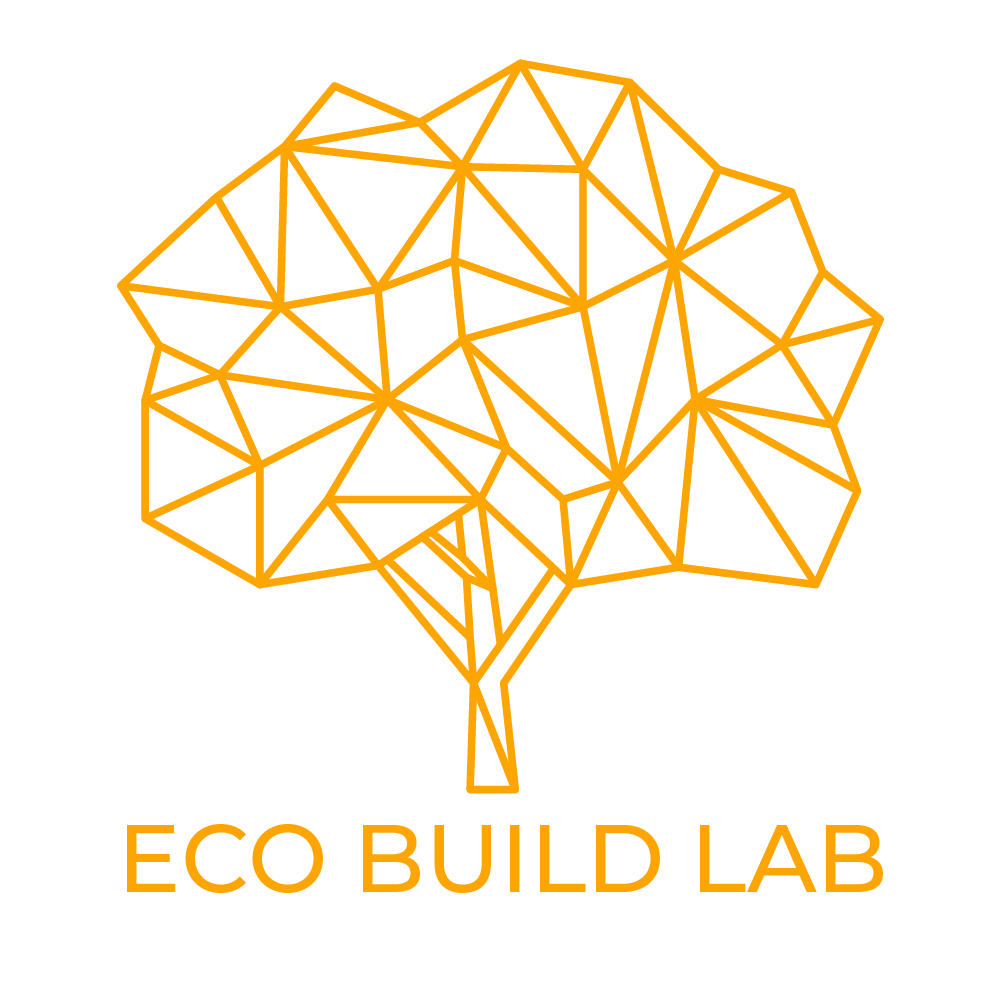7.
C
Off-grid Cooking
off-grid cooking
Cooking off-the-grid can be a little more challenging than other elements but with planning and creativity, it can be done!
How cooking works on-grid:
How cooking works off-the-grid:
Cooking off-the-grid has traditionally been accomplished with propane. And while propane is indeed a fuel, it is available in portable and fillable tanks and not technically connected to the grid.
But what about cooking with electricity? There has been a lot in the news lately about the dangers of cooking with gas and in an ideal world it would be just as easy and efficient to cook with solar electricity as it is to run power tools, computers, lights and other household appliances. However any device with an electric heating element puts an enormous strain on an off-grid electric system.
There are several other ways to cook including small electric appliances like microwaves and slow cookers. Solar ovens can be used for baking. Wood-burning cookstoves are even possible if the excess heat produced does not overheat your home and if you have access to free or inexpensive wood from a source that needs to be cleared anyway. Biogas with a home biogas digester can take compost, human and animal waste and turn into fuel for cooking. You will need a separate line and burner for this system and without larger scale agricultural activity, it is difficult to use this as your sole source of cooking fuel.
One appliance showing promise is the electric induction burner. These are more efficient than other types of electric stovetop cooking but they still use a lot of power. If you choose to include one of these in your off-grid kitchen make sure your power system is set up to handle this draw.
If you use a combination of small electric appliances, biogas (if feasible), a solar oven, and a propane stove, you can reduce the amount of fuel you use and still be cooking off-the-grid!
How off-grid cooking relates to the other Elements of an Off-Grid Home:
want to learn more about off-grid cooking?
SUBSCRIBE
Thank you for contacting Eco Build Lab.
You will be hearing from us in your inbox!
Please try again later.



